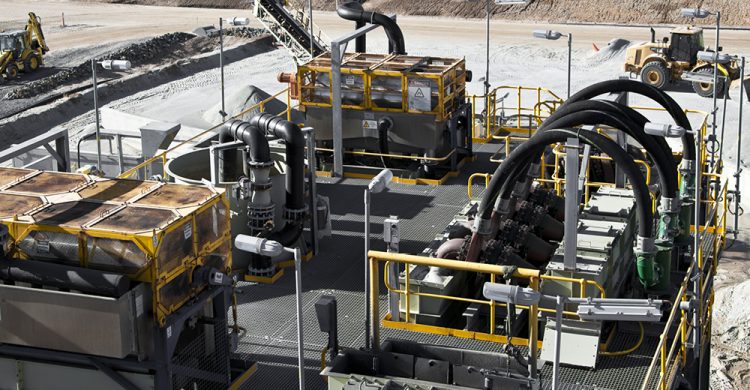
Australia is an important global supplier of many critical minerals and has the resource potential to scale up to meet rising global demand and drive the upstream diversification of global supply chains, according to Austrade.
Its Australian Critical Minerals Prospectus 2020 report said critical minerals are essential to the economic development of industrialised countries.
They have a range of high-tech applications across a variety of sectors that are growing in economic and strategic significance.
One area is electric vehicles, which is expected to grow substantially as countries seek to meet ambitious carbon reduction targets.
The Department of Industry, Science, Energy and Resources recently released a discussion paper on the final Future Fuels Strategy which outlines the Federal Government’s vision to create an environment that enables consumer choice, stimulates industry development, and reduces emissions in the road transport sector.
The discussion paper outlined a $71.9 million investment into the Future Fuels Fund.
The fund, launched by the Australian Renewable Energy Agency (ARENA) as part of the 2020-21 Federal Budget, is aimed at addressing barriers to the roll out of new vehicle technologies.
According to ARENA CEO Darren Miller, the fund will help businesses and regional communities take advantage of opportunities offered by new vehicle technologies across battery electric, hydrogen fuel cells, and biofuels.
In November last year, the WA Department of Jobs, Tourism, Science and Industry updated its Western Australia’s Future Battery and Critical Minerals Industries report.
The strategy update outlines the WA Government’s commitment to the development of the State’s future battery and critical minerals industries.
According to the Mines and Petroleum Minister Bill Johnston, the changes reflect industry needs and position WA to respond to global partners seeking alternative suppliers of battery and critical minerals and materials.
“The WA Government has committed funding to attract the establishment of local operations in battery precursor manufacturing, the next step for the state in the battery value chain,” Mr Johnston said.
“This will cement WA as a destination for value-add activities and advanced chemical manufacturing and help unlock further opportunities to grow the industry.”
The strategy listed five key priorities for WA to take advantage of the growing markets:
To explore local and global opportunities to grow the State’s critical minerals industry, the Government launched the Future Battery Industry taskforce.
The taskforce includes mining companies, industry bodies and union groups, and complements the Government’s search to attract a global precursor or cathode active materials manufacturer to the State, following a $13.2 million commitment announced in the WA Recovery Plan.
“Developing the future battery and critical minerals industry will create jobs and diversify the economy, which is particularly important to support our State’s recovery post-COVID-19,” Mr Johnston said.
“The updated Future Battery Industry Strategy will cement WA as a premier provider of minerals and materials, and a leader in technological expertise.”
Lynas Corporate CEO Amanda Lacaze noted the increase in demand for electric vehicles’ impact on the rare earths market, especially with regard to COVID-19, in the company’s December quarterly report.
“While we cannot yet make a full assessment of the pandemic’s impact on global demand, the rare earth market appears to have been less affected by the crisis compared to some markets,” she said.
“Demand for electric vehicles has accelerated in Europe and Asia, which has more than compensated for the overall decrease in the automotive market.”
Lithium Australia managing director Adrian Griffin, in the company’s January quarterly report, said this increase in demand was sending shockwaves through the battery metal supply chain.
“The consequent boom in battery technology is placing supply-chain stress on the materials required for battery production – in particular, the nickel and cobalt contained within the battery types currently preferred by the EV producers of the western world,” Mr Griffin said.
However, he said there are opportunities for Australia to bypass the supply chain strain.
“Lithium ferro phosphate batteries, which do not contain nickel or cobalt, reduces battery industry dependency on those metals and simplifies the supply chain,” he said.
According to the Advanced Manufacturing Growth Centre (AMGC), simple production and assembly is not enough to take full advantage of an entire manufacturing value chain.
“The truth is that manufacturing consists of seven steps across an entire value chain, of which production or assembly is just one – in Australia’s case the one which tends to offer the lowest value add,” AMGC managing director Jens Goennemann said.
“Manufacturers must diversify their focus across all the different stages of the manufacturing process to encompass everything from research and development, design and logistics, production and assembly, through to distribution, sales, and services.
“Manufacturing is our single most promising capability to transform a lucky country into a smart country.”